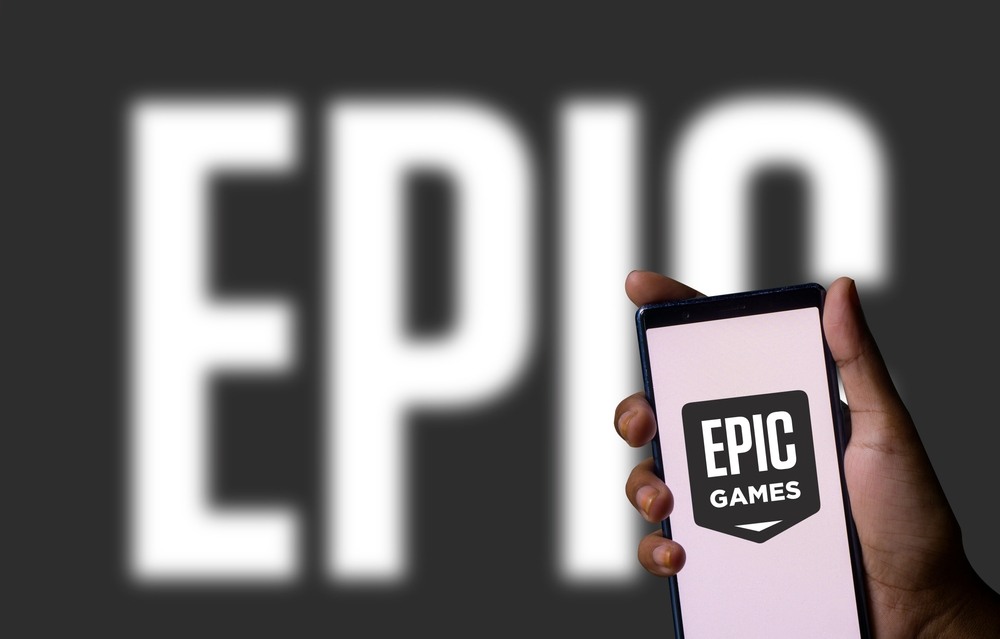Google has lost its legal battle against Epic Games. A court ruled that the Google Play platform operates as an illegal monopoly and ordered the company to open Android to third-party app stores. In addition, Google must provide these stores access to the Google Play catalog.
Court’s Ruling and Implications for Android
According to The Verge, Judge James Donato made the final ruling in the Epic v. Google case, mandating that Google must allow fair competition on its platform. For the next three years, third-party app stores will gain access to the full Google Play catalog. Furthermore, Google is required to promote these stores on an equal basis across its platform. Unless Google successfully appeals, this ruling could significantly change the Android app market.

From November 1, 2024, to November 1, 2027, the court has ordered changes to Google’s billing policy. Developers will no longer be required to use Google Play Billing for app payments. They can inform users about alternative payment methods and post links to other stores. Developers will also be able to set prices for their apps independently of Google’s system.
Restrictions on Agreements and Benefits
The court ruling further prohibits Google from making certain agreements with developers, manufacturers, and carriers. The company is now barred from sharing revenue or offering financial incentives for exclusive app placement on Google Play or for declining to place apps on competing stores. Google also cannot provide benefits to manufacturers or carriers for pre-installing Google Play or for avoiding third-party stores.
Epic Games had previously accused Google of creating agreements that blocked competitors from entering the app market. With this ruling, third-party stores will now have the opportunity to compete with Google Play. However, Google will still retain control over certain security measures and may charge fees related to compliance.
What’s Next for Google and Epic Games?
The court granted Google an eight-month period to develop a system that complies with the ruling. Future disputes between the two companies will be managed by a three-person technical committee chosen by both parties. However, the court did not agree with all of Epic’s demands, such as extending the ruling for six years or simplifying the app installation process from third-party sources, notes NIX Solutions.
Epic Games originally filed its lawsuit on August 13, 2020, the same day it sued Apple, accusing both companies of creating illegal monopolies through their app stores. Google has already stated it plans to appeal the decision, arguing that the changes may lead to unintended consequences, negatively impacting consumers, developers, and device manufacturers. We’ll keep you updated on any further developments in this case.
